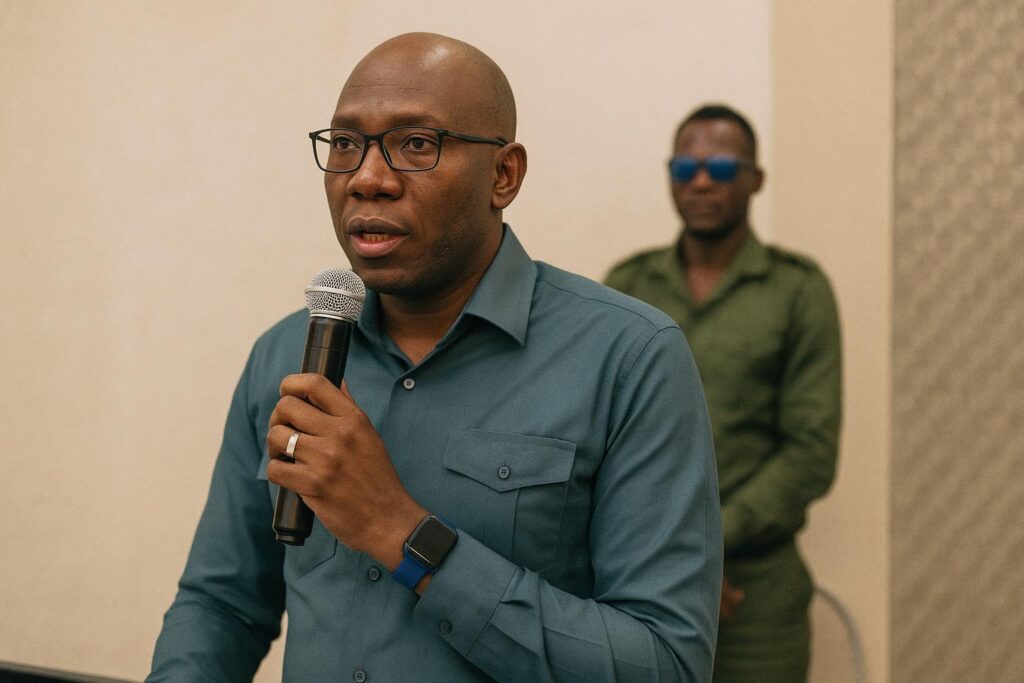Malakal IDP Divide Raises Alarm
Standing before worshipers in Malakal on 9 November, Upper Nile State Governor Jacob Dollar Ruot voiced frustration at the gulf between families confined to the Protection of Civilians site and townsfolk enjoying relative normality (Eye Radio).
Ethnic Unity and Accountability Pledge
He accused unnamed officials of benefiting from the status quo and warned that the administration would confront any figure, whether Nuer, Shilluk or Dinka, who obstructs voluntary returns. “I will deal with you,” he declared, framing the threat as institutional rather than personal.
Humanitarian Reality Inside PoC Site
The Malakal PoC remains one of South Sudan’s most sensitive enclaves. Recent biometric data counted 36,765 residents, a testament to lingering insecurity more than a decade after the 2013 conflict displaced them. Aid workers describe overcrowding and fragile sanitation that heighten public-health risks.
Security Operations and Dialogue Strategy
Officials are weighing a dual strategy: stepped-up policing around displacement hotspots and inclusive dialogue with traditional authorities. Observers note that successful precedents in Jonglei and Lakes combined disarmament patrols with community mediation, reducing clashes without provoking political backlash.
Economic Stakes of Lasting Stability
Governor Dollar insists that stability is a prerequisite for investment in agriculture and river transport, sectors he says can absorb restless youth. Donor agencies, meanwhile, signal readiness to redirect funds from relief to recovery once state institutions prove displaced families can return safely.


